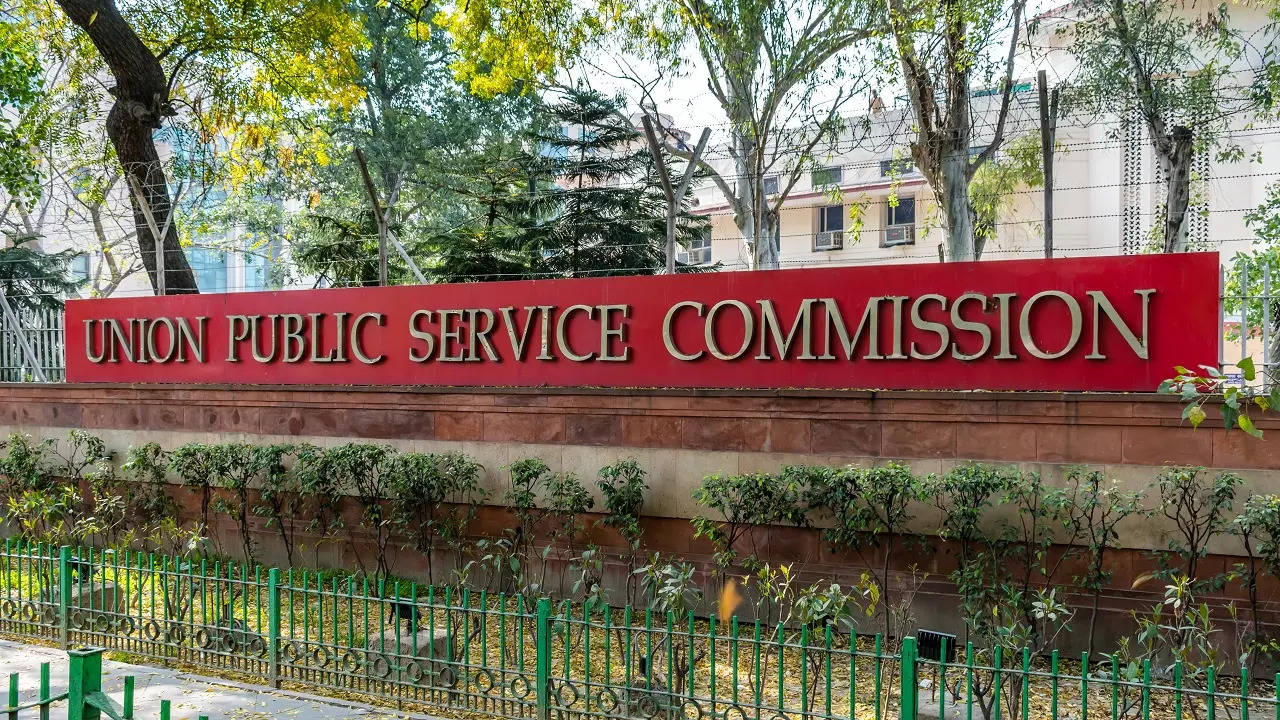The high status associated with these roles, coupled with the stability and diverse career paths of a government job, makes UPSC highly desirable.However, the limited number of seats available compared to the vast pool of applicants intensifies the competition, making the UPSC exam a challenging yet sought-after path for many bright young Indians.
UPSC CSE 2024 Prelims overview
This year, the Union Public Service Commission is scheduled to conduct the Civil Services Prelims exam on June 16 2024. The UPSC Prelims 2024 exam date was postponed from the previous May 26 due to the upcoming Lok Sabha elections. The UPSC has advertised 1056 vacancies, a decrease from the previous year’s vacancy count.
The UPSC selection process consists of three stages. First, the Preliminary Examination serves as a screening test, evaluating candidates’ fundamental understanding and analytical abilities through objective papers. Those who pass this stage, qualify to the Mains Examination, which assesses in-depth knowledge and written expression. Finally, the Personality Test evaluates the candidates’ personalities, communication skills, and decision-making abilities. Here’s a detailed look into the General Studies Paper 1:
UPSC GS Paper 1 StructureUPSC GS Paper 1 is the first of the four General Studies papers in the UPSC Mains exam. It tests a candidate’s knowledge and understanding of a broad range of subjects including Indian history, geography, society, art and culture.
The 250-mark paper includes 20 compulsory questions in both Hindi and English. The marks for these questions range from 10 to 15 marks.
Each answer-type has its own word limit: 10 marks questions should not exceed 150 words, while 15 marks questions can include up to 250 words in their responses.
Overview of UPSC GS Paper 1 syllabusThe History section of GS Paper 1 covers a wide range of topics, including Modern History, World History, Art & Culture from ancient times to the present, and India Since Independence.
In the Geography segment of GS Paper 1, candidates can expect questions about Physical Geography of India and the World, as well as Human Geography. This covers a wide range of topics, from geographic features to population distribution and urbanisation trends.
Indian Society is an important aspect of GS Paper 1, which focuses on social issues, demographics, and developments in Indian society. This section delves into the contemporary social challenges, demographic trends, and societal transformations that are shaping India’s fabric.
Important topics for UPSC GS Paper 1
Like discussed above, the General Studies Paper 1 covers a wide range of topics such as Modern History, World History, Society and Art & Culture. Although it is essential for candidates to be thorough with the complete syllabus, certain topics need special focus as they are likely to carry more weightage. Here’s a list of important topics you must cover while preparing for GS Paper 1:
As previously discussed, the General Studies Paper 1 covers a wide range of topics, including Modern History, World History, Society, and Art & Culture. Although it is necessary for candidates to thoroughly review the entire syllabus, certain topics require special attention because they are likely to carry more weightage. Here’s a list of important topics to cover when preparing for GS Paper 1:
Note that this is only for the candidates’ ready reference; refer to the official UPSC notification for complete syllabus.
READ ALSO: UPSC Civil Services Exam 2024: Tips and strategies to develop your answer writing skills


